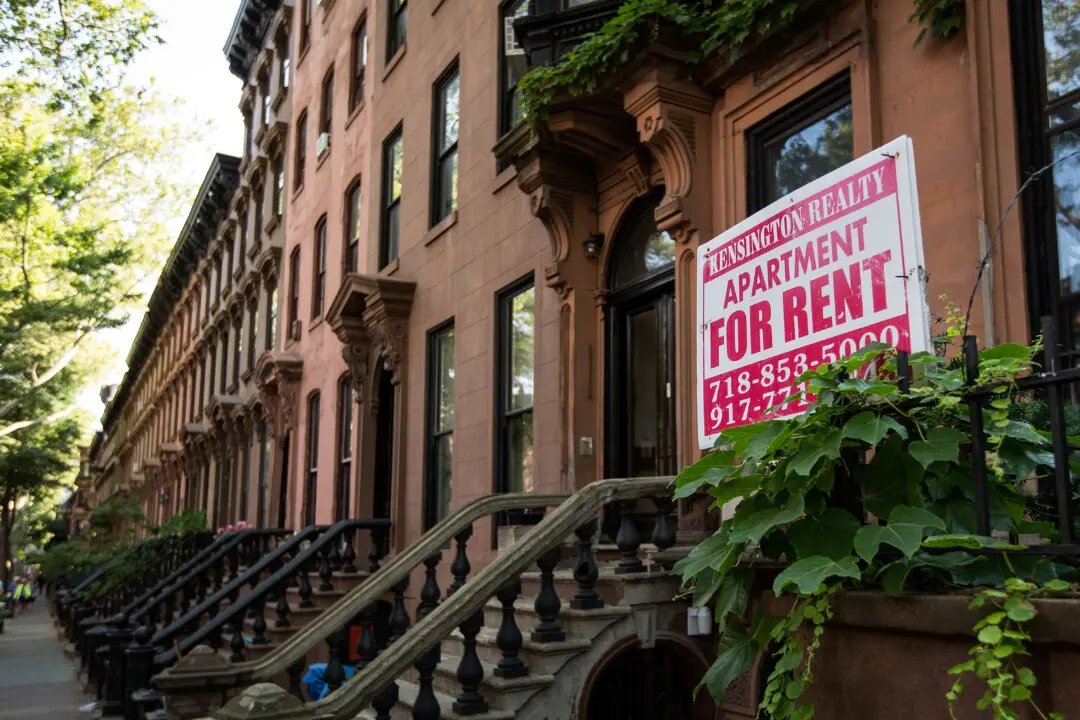 By Joe Edgar
By Joe Edgar
On the surface, real estate investing seems so easy. Passive income, property appreciation, tax benefits, and more. What’s not to like?But the reality of life as a landlord isn’t so rosy. It’s hard work. It takes time, research, and careful study to understand the business. It’s far easier to lose money on a rental property than to make money.






